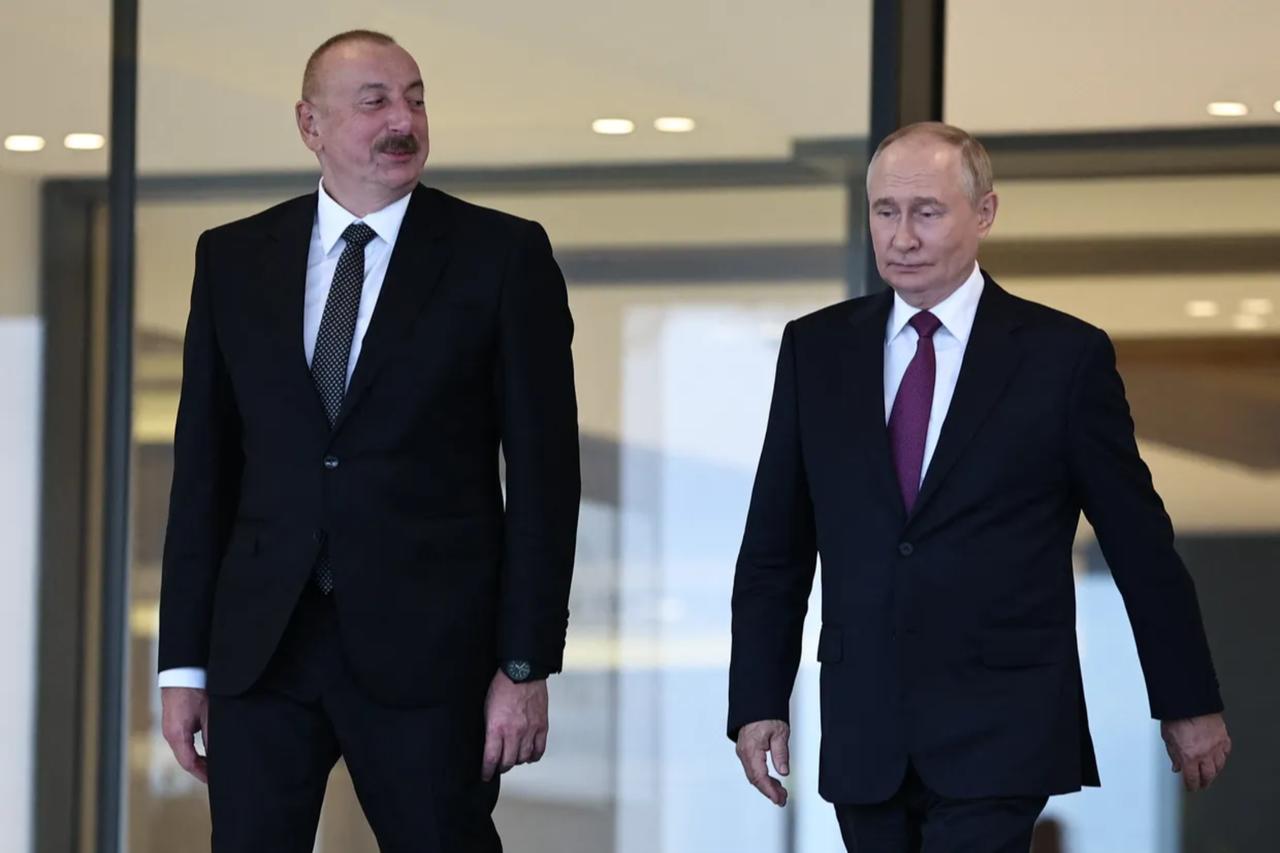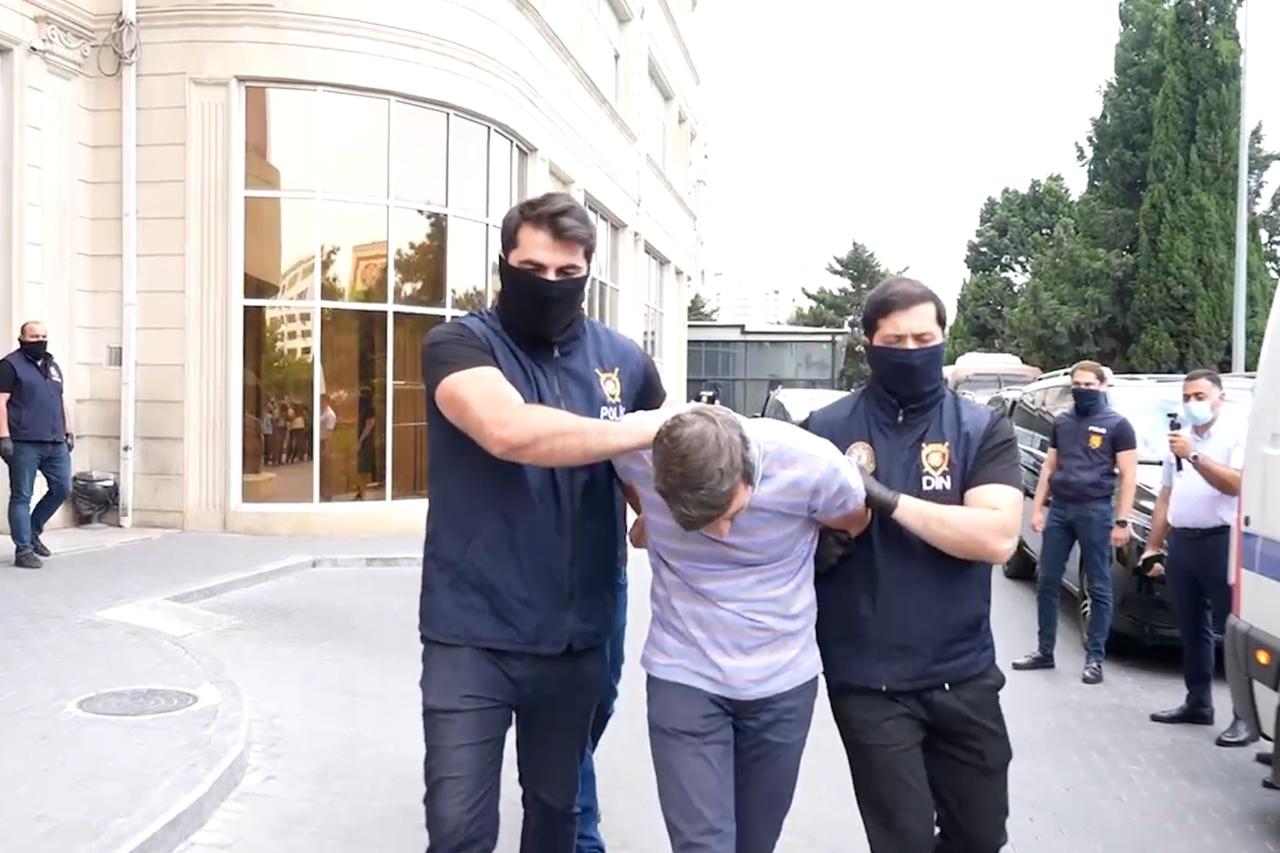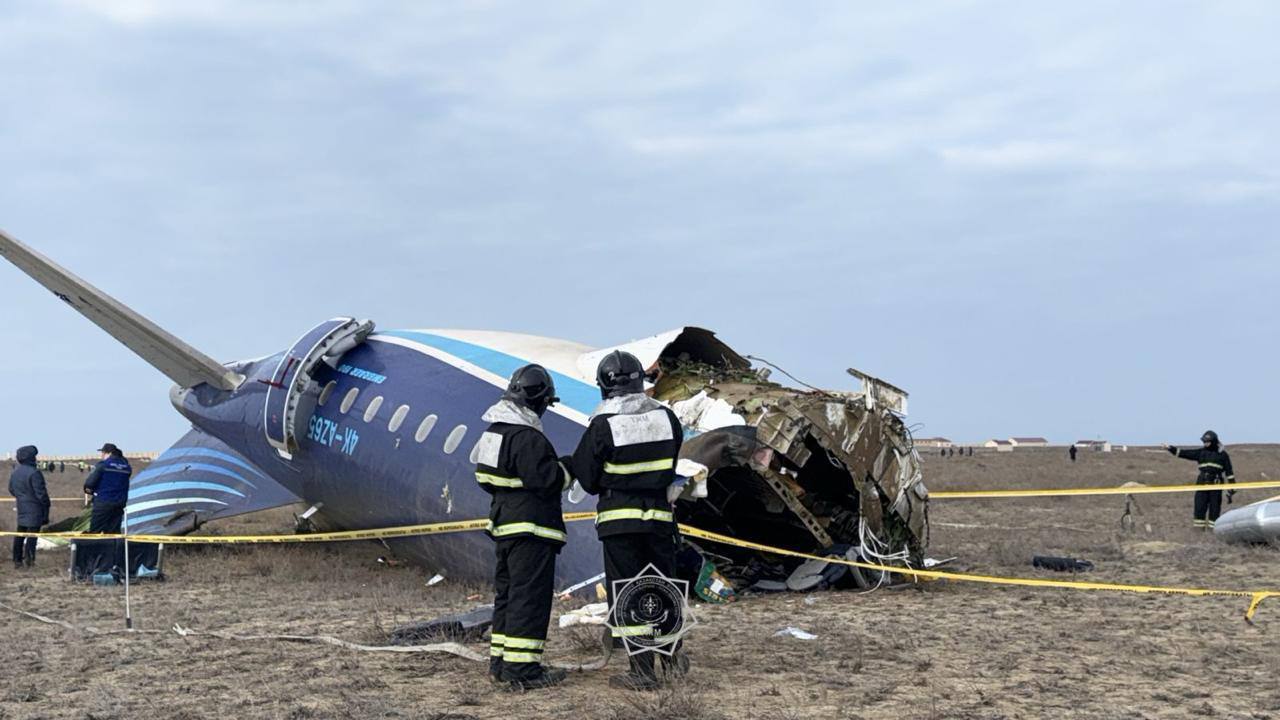
On earlier Wednesday, Russia’s Foreign Ministry issued a warning over what it described as efforts to undermine its “strategically important” ties with Azerbaijan, as a rapidly escalating diplomatic crisis between the two former Soviet republics takes a sharp and public turn.
The warning came after Azerbaijani authorities blamed Russian police for the deaths of two of its citizens in a June 27 raid in the city of Yekaterinburg. Baku has accused Moscow of carrying out an ethnically motivated, extrajudicial killing—an allegation Russia flatly denies but which has already triggered a cascade of retaliatory moves from Azerbaijan, including arrests of Russian nationals, cultural bans, and calls for international accountability.
The fallout now appears to extend far beyond the Yekaterinburg deaths, with Baku signaling a broader recalibration of its relationship with Moscow.

The turning point came when Russian law enforcement raided an apartment in Yekaterinburg as part of an investigation into unsolved homicides. During the operation, two Azerbaijani brothers—Huseyin and Ziyaddin Safarov—were killed. Russian authorities initially claimed that one of the men died of a heart attack and that the circumstances around the second death were under investigation.
Azerbaijan, however, rejected that explanation outright. The Prosecutor General’s Office in Baku opened a criminal case, stating that the brothers were “intentionally killed by officers of Russian law enforcement agencies as a result of torture.”
Baku’s response was swift and multi-pronged. The government canceled all Russian cultural events planned in the country and targeted Russian-linked institutions operating on its soil.
Police raided the Baku office of Sputnik, the Russian state media outlet. Seven journalists were detained in the operation. Two of them—Igor Kartavykh and Yevgeny Belousov—were later charged with fraud, illegal entrepreneurship, and money laundering. Azerbaijani officials said the men would be held in pre-trial detention and alleged that both had connections to the Russian Federal Security Service (FSB), an accusation Moscow denies.
In a further blow to Moscow, Azerbaijani authorities also arrested 15 Russian nationals on charges ranging from drug trafficking to cybercrime. State media aired footage of the individuals handcuffed and being escorted into police vans.
Speaking to Türkiye Today, Andrew D’Anieri, a resident fellow at the Atlantic Council’s Eurasia Center, remarked on the pace and breadth of the fallout: “It’s remarkable just how quickly the diplomatic spat has escalated between Moscow and Baku. And it’s still continuing. From the shooting down of an Azerbaijani passenger plane last year to the treatment of citizens living in Russia to Kremlin-connected commentators’ rhetorical attacks against Azerbaijani sovereignty during the current tiff. So we have likely not seen the bottom of this precipitous dip in relations.”
As the diplomatic rift widened, Azerbaijani President Ilham Aliyev spoke by phone with Ukrainian President Volodymyr Zelenskyy. According to readouts from the call, Zelenskyy voiced strong support for Baku and accused Russia of launching “a new campaign of hostility” against its neighbors.
The timing of the call was conspicuous. Azerbaijan has walked a careful line since Russia’s full-scale invasion of Ukraine in 2022—signing a formal alliance declaration with Moscow while simultaneously referring to Russian-held parts of Ukraine as “occupied” and sending humanitarian aid to Kyiv.

The deterioration in ties has been months in the making. In December 2024, a military aircraft belonging to Azerbaijan crashed in Kazakhstan, killing all 38 people onboard. Baku later revealed that the plane had been shot down by a Russian missile while flying through Russian airspace. Although President Vladimir Putin issued a formal apology, it failed to placate Azerbaijani authorities.
Aliyev demanded a full admission of responsibility and punishment for those responsible. That demand went unmet, and instead triggered a wave of retaliatory measures. Azerbaijan canceled a planned visit by Russian Deputy Prime Minister Alexei Overchuk and imposed bans on performances by Russian artists.
Azerbaijani media closely aligned with the government escalated their rhetoric, with some commentators accusing Putin of running a regime “more brutal than that of Stalin.”
While Azerbaijan and Russia share a Soviet legacy, the relationship has long been defined by pragmatic distance. Baku has consistently aligned itself with Western energy markets and strategic infrastructure routes—most notably through pipelines that bypass Russia altogether.
Russia’s support for Armenia in the First Nagorno-Karabakh War (1992–1994) remains a historical sore point for Azerbaijan. However, relations began to thaw after Ilham Aliyev took power in 2003, succeeding his father Heydar Aliyev. The younger Aliyev, a Moscow-educated leader, forged a working relationship with Putin that appeared to serve both sides—at least until recently.
In the 2020 Second Nagorno-Karabakh War, Russia refrained from intervening as Azerbaijan reclaimed much of the territory it had lost decades earlier. That outcome reshaped the balance of power in the South Caucasus, with Azerbaijan emerging not only as a military victor but also as a regional energy and logistics hub.
The current standoff reflects not only bilateral grievances but also shifting dynamics in a region where Russia’s traditional dominance is being challenged.
Analysts say Azerbaijan is increasingly wary of Moscow’s attempts to reassert influence in Georgia—a vital corridor for Azeri oil and gas exports—as well as efforts by pro-Russian factions in Armenia to derail normalization talks over Nagorno-Karabakh.
Zaur Shiriyev, a South Caucasus specialist at the Carnegie Russia Eurasia Center, said that Baku is signaling a “new posture” toward Moscow. “Azerbaijan appears to be sending a message that it is no longer willing to accept Russia’s actions passively, especially when its own interests are at stake,” he said.
A Turkish intelligence expert, Ali Burak Daricili, said the situation is likely more serious than official statements suggest. Referring to the alleged beatings of detained Russians in Baku, he warned that what is being reported publicly may only scratch the surface of a “very tense and dangerous” diplomatic rift.
Though open conflict remains unlikely, the speed and intensity of the diplomatic fallout point to a new and more volatile phase in the Russia-Azerbaijan relationship—one that could have lasting consequences for the balance of power in the South Caucasus.
The fallout from the crisis is being closely watched by Azerbaijanis living abroad—especially in Russia, home to one of the largest Azerbaijani diaspora communities. According to Aygun Attar, President of the Turkey-Azerbaijan Friendship, Cooperation and Solidarity Foundation, approximately 3 million Azerbaijanis currently reside in Russia.
While both sides have so far stopped short of severing formal diplomatic ties, the trajectory of the crisis suggests that tensions are unlikely to subside any time soon. The speed, scale, and symbolism of Azerbaijan’s response point to a deliberate shift in posture—one that moves beyond mere protest toward redefining the terms of engagement with Moscow.
What once appeared to be a pragmatic, if asymmetric, relationship now seems to be entering a more volatile and transactional phase. Azerbaijan, buoyed by its energy leverage and regional military clout, appears less inclined to tolerate actions it sees as infringing on its sovereignty or endangering its citizens—even if that means confronting Russia directly.
Still, as D’Anieri cautions, the fundamental architecture of ties is unlikely to be demolished. “The key fundamentals of strategic ties between the two countries are highly unlikely to change,” he said. “For all his country’s well-founded grievances against Russian abuses and negligence, President Aliyev remains hyper-pragmatic and will not allow this episode to disrupt the foundation of his country’s ties with Russia. The breadth of the relationship might contract—around cultural exchange, educational diffusion, and tourism ties—but energy sales and strategic relations are highly likely to remain in place.”